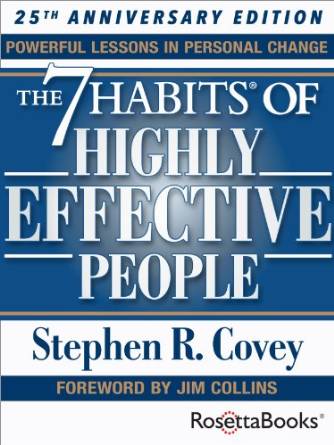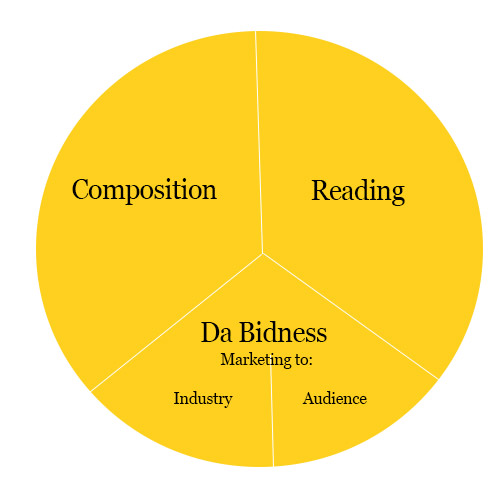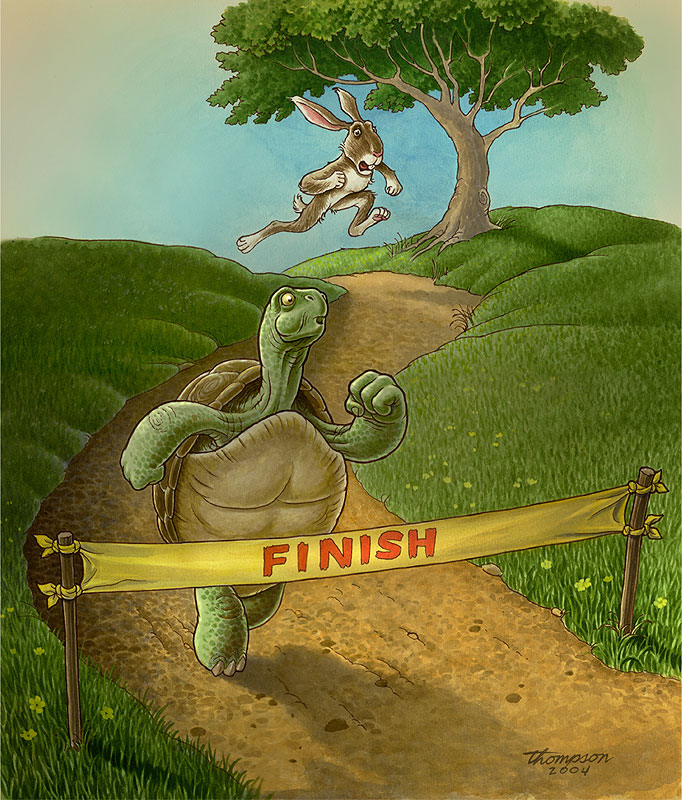This in from the mail bag:
I was curious to know how you handle your writing schedule. Given you have been prolific with multiple projects I figure you must have a sense of your ‘production’ schedule. Do you try to map out a schedule over weeks/months to have a clear completion date for each project or do you just keep plodding along until ‘it is finished’.
The short answer is I keep plodding along until it’s finished. Deadlines are helpful if I have them. If I know someone is waiting on a product, that’s a great motivator. But I suck at setting artifical deadlines for myself because I know they’re fiction about my fiction; I know I can always reset the deadline.
So I plod along. Astrologically speaking, this fits my personality since I’m an Aries (ram) and an ox. So I hit my head repeatedly against something, stubbornly, endlessly, until it cracks. It used to take me years to finish a novel, and now I’m learning to get it down to six months.
But you see, this is a highly personal answer that fits my personality and skill level. Not everybody is the same. Some people work on multiple projects simultaneously, like bees pollinating several flowers.
Which is the right answer to you? Maybe this is actually . . .
A Time Management Problem You Already Can Solve
As such, I think you already know how to handle it. The letter continues:
In my work life I manage large building projects that often take many years, so I am not daunted by the long time horizon, but am trying to find a good running pace. Any tips, tricks or tools are appreciated.
My initial reaction is that if you’re already successful in managing large projects in your professional life, then you already have the skills necessary to find time for writing and for setting your own running pace.
Writing is no different from any other endeavor you’ll conquer in life. Sure, it’s magical because it’s both a creative art and a craft, but there’s nothing that really makes it special as a time-management challenge, even if you’re only doing it part time like I am.
What it is not is . . .
Some Bullshit Existential Crisis
Some authors believe their craft is all about suffering. You must ruin your life in order to be good, or so this particular line of bullshit goes. I’ve ranted about this already; I hope you’ll take a moment to read it. In short, writing is like anything else you want to do: you make space for it in your life, and you balance your other baggage with it on life’s seesaw. Don’t neglect your family or health to make it happen. You’ll lose in the long run.
Okay, all that being said, here’s . . .
Some Practical Advice: Pack the Car the Right Way
First, let’s take the writing part out of the equation and just look at this as some great big task to cram into your life. Or, to use a metaphor, it’s two or three awesomely big suitcases to pack into your SUV. Have you ever packed a car for a road trip with kids? What a pain in the ass. Suitcases, diaper bags, baby stroller, portable crib, and yes, the kitchen sink or a form thereof if you want the infant to recline comfortably during a bath.
 Stephen R. Covey in The 7 Habits of Highly Effective People suggests a great strategy for this problem. Put the biggest things in the car first. I still do this, literally, when I pack the car. That means the pack & play and then the stroller. Now that that’s out of the way, you pack all the smaller stuff around it that can fit into the gaps.
Stephen R. Covey in The 7 Habits of Highly Effective People suggests a great strategy for this problem. Put the biggest things in the car first. I still do this, literally, when I pack the car. That means the pack & play and then the stroller. Now that that’s out of the way, you pack all the smaller stuff around it that can fit into the gaps.
Do this in the reverse order and it won’t work. Load the car with all the tiny blankets and food stuffs and toys, and you’ll find you can’t fit in the baby stroller. Try it.
If you’re not a parent, try this experiment instead: get a flower vase and a collection of large- and small-sized rocks. Put the small rocks in first and then try to fit in the large rocks. It won’t work. Now try putting in the large rocks and then packing in the small rocks around them. Suddenly you can fit everything into the vase.
The moral of this story: put first things first. If there’s something like writing or learning a musical instrument or practicing a sport that is important to you, but which you know is gonna be a huge, long-term thing to accomplish, put it into your schedule before cramming in the other stuff. For me, that means I do my writing composition early in the day, when I’m fresh-minded and caffeinated. Then I answer emails and run errands and do all the hundred irritating administrative tasks of life later in the day.
Specifics About Writing
Okay, so you’ve identified that big old metaphorical baby stroller to cram into the car, or that big ole metaphorical rock to cram into the flower vase, and you’ve committed to putting that sucker in before all the smaller stuff. Let’s talk about the composition of that hunk of time as it applies to the writing craft.
In my opinion, professional writers should divide their time equally into thirds. Only one-third of that time is spent in composition (which includes rough drafting or editing). Shocking, eh? Why only one-third? Because there are two other tasks that are equally important.
Besides throwing down ink, you better be reading. As Stephen King put it, “If you don’t have time to read, you don’t have time to write.” Why is this so important? Because we’re lovers of the medium. We got into this game because we’re in love with the craft, the texture of words, the images that flow from language, the structure of plot and character development, and truths about the human condition that are waiting for us to learn and taste through the magic of story telling. We love stories. But like any love affair, the relationship must be nurtured regularly. Always find things to appreciate and love about your spouse, or the marriage falls apart.
As writers, we also read for practical reasons. We read to teach ourselves about writing, and it’s a neverending process. The greatest thing I learned while reading the first Game of Thrones novel by George R.R. Martin was how to write a multiple-viewpoint novel containing tons of characters without losing the reader. As a reader, I’ve noticed that if I can’t get deep enough into a character’s emotional viewpoint and perspective, then I become lost and bored. Martin avoided that by sticking with one POV character per chapter and by signposting the POV with a chapter subhead. And these weren’t pansy-ass two-page chapters, either. I’m talking significant, 5000-word chapters at least. I applied that technique in my own writing, and it really saved my ass.
Another reason to read is market awareness. If I told you I’m writing an innovative, original novel about a Transylvanian vampire, you’d laugh me out of the room. You gotta know something about your market to sell it, and most importantly, you gotta enjoy your market to write it effectively. You think I could pull off a regency romance novel? Hell, no. But an urban fantasy? Yessssss . . .
The final task is — you guessed it — the business. Or, the bidness, as I call it. This is all the rest of the mysterious shit you can learn from reading Writer’s Digest and going to conferences.
You have two primary tasks in the bidness.
The first is marketing your shit to industry professionals (like literary agents and publishers). There’s a remarkable uniformity of advice among people who own brains, as far as I can see. You join writers organizations. You go to conferences. You format your manuscripts the right way. You don’t act like a dick.
The second is marketing your shit to readers. You set up a website. You be nice to book stores. You interact with people. In short, you don’t act like a dick.
Stuff like that. There’s more to the bidness, and you’ll spend years cracking this particular rubric. But it’s where you learn the hows and whats of the profession. It sets you apart as a craftsman rather than a hobbyist.
Summary So Far
So, in summary:

“Dude, like, what the fuck?” you’re saying. “I gotta do all that reading? Man!”
Yep. Sorry.
Everything’s done in balance. So, let’s say you have three spare hours a day for this writing thang. (Yeah, right. Three whole hours.) Just for the sake of argument.
Spend one hour composing. Spend one reading. Spend one working on your query letter, or whatever.
Or maybe doing all three tasks in one day doesn’t work for you. Maybe you gotta rotate through the three tasks every three days. That would work.
I would caution you, though, to consider that your composition time will be the most efficient if you can do it every day. There’s a beneficial effect in your subconscious that will accumulate from the act of touching your story every day. You’ll dream about it. You’ll think about it while exercising and doing the dishes. It will become part of your day, like brushing your teeth.
Remember this guy?
Yeah. That’s you.



One Response
Great post Matt! Thanks for taking the time to answer my questions so thoughtfully. Time to get off my duff and get back to the reading.